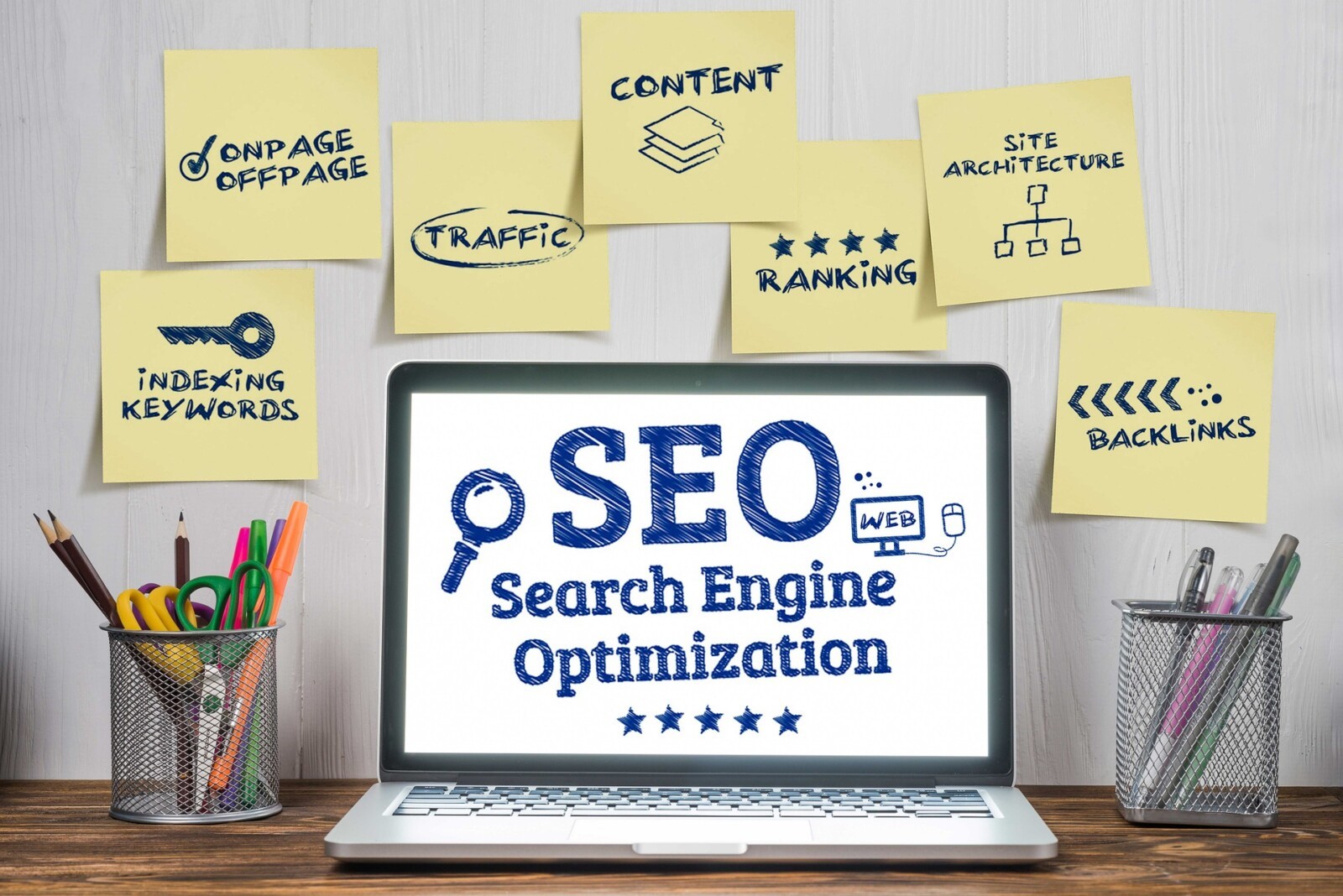Search engine optimization is a crucial aspect of online marketing that can help improve the visibility and ranking of your website on search engines. While OnPage SEO focuses on optimizing the visible content of the page, OffPage SEO is concerned with factors that are not directly visible to the user, such as backlinks and domain authority.
To maximize the effectiveness of your SEO efforts, it is important to focus on both OnPage and OffPage optimization strategies. By optimizing your website’s content and structure to be more user-friendly and appealing, you can improve your site’s ranking and attract more traffic.
Answer the unanswered questions
To make your content more compelling and stand out from the rest, it is essential to conduct research on the quality of online content in your field. Put yourself in the shoes of a customer who is seeking answers to questions related to your professional area. It’s not uncommon to come across long forum threads with unanswered questions. In such cases, why not take the initiative to provide well-researched and informative answers to these questions? Writing high-quality articles that address these unanswered questions can rapidly elevate your content to the top of search results pages due to their professionalism and relevance.
By providing valuable insights and solutions to common questions and problems in your field, you can establish yourself as an authority in your industry and attract a larger audience. This can translate to increased traffic to your website, higher engagement rates, and ultimately, more conversions and sales. So don’t hesitate to tackle those unanswered questions and create content that stands out from the rest!
Master your keywords
Mastering your keywords is a crucial aspect of OnPage SEO, as it involves identifying and incorporating relevant keywords that are frequently searched by your target local audience. For instance, if you’re selling popcorn machines, it’s highly likely that your potential customers would use keywords like “popcorn machine,” “popcorn maker,” “retro popcorn machine,” and so on while searching for your products online.
As a website owner, your primary goal is to integrate these keywords strategically into your website content, making it easier for potential customers to find your page when searching for specific terms. By doing this, you can significantly increase your website’s visibility and ranking on search engine results pages (SERPs), ultimately attracting more traffic and potential customers to your website.
However, it is important to use keywords in a natural and meaningful manner, rather than stuffing them into your content excessively. Keyword stuffing can negatively impact your website’s search engine ranking, as search engines penalize websites that use such tactics. Therefore, it’s crucial to strike the right balance and use keywords appropriately to improve your website’s search engine ranking and drive more traffic to your site.
Repeat without repeating
In order to ensure that your website ranks higher on the search engine results page, it is important to utilize keywords frequently. However, this can sometimes result in the need to repeat information across various sections of the website. To overcome this challenge, it is essential to master the art of repeating without actually repeating the same phrases or sentences. You can accomplish this by using synonyms or alternate phrasing. Another effective strategy is to use hyperlinks to connect different pages within your website. For instance, if you have a comparison section on your website, it would be beneficial to include hyperlinks to the product pages within the comparison description. Additionally, at the end of each product page, you can mention the existence of a comparison page and provide a hyperlink to it. This will make it easier for users to navigate through your website while also helping to improve your search engine ranking.
Make it about the customer
In today’s online marketing, personalization is becoming more important than ever before. It’s not enough to just manipulate the keywords on your page to get a high ranking. You must also pay attention to your target audience’s interests and needs to achieve long-term and effective results. This means finding a balance between machine-oriented keywords and your audience’s preferences. You should ask yourself questions such as: what is their lifestyle, way of thinking, and social status? How will your product make their lives better? By focusing on these questions, you can create an interactive and engaging web page that will provide valuable information to your users. This will help them to make informed decisions and ultimately choose your product over others. Remember, the key is to make it about the customer and how your product can enhance their life.









Leave a reply